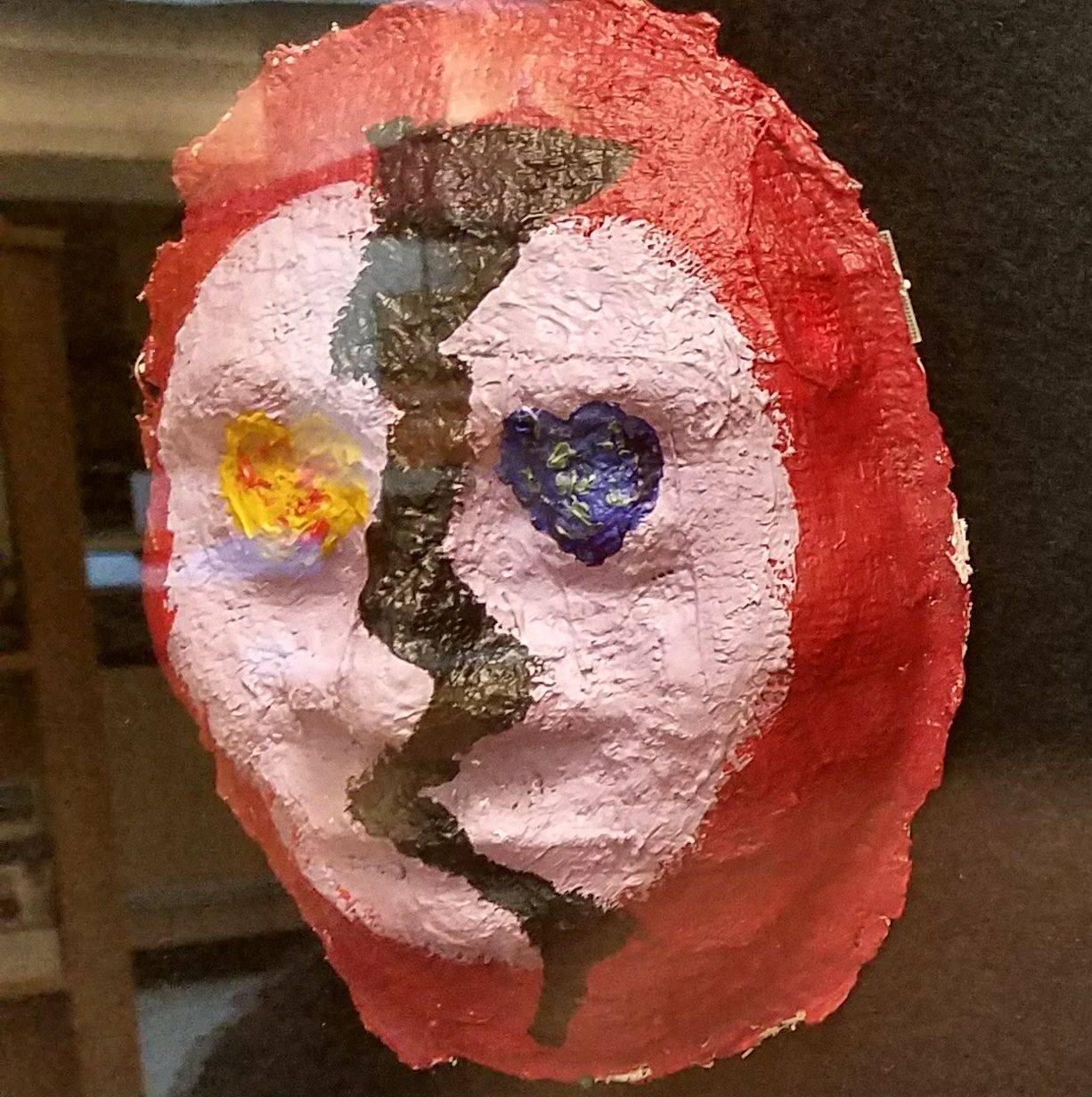In the mid-1990s I was enjoying relative stability in my life. Medications and therapy made a huge difference in my mental health, so I was able to support myself in a stable job. Ed and I were seeing each other, and I was growing in leaps and bounds. Life was good.
But I had two very different silos in my life. I attended various twelve-step groups, and at their meetings we talked about substance use and recovery. I attended some therapy groups as well, where we talked about recovery from trauma and mental illness. Everything seemed to be covered, but what about where the two intersected? I only talked openly about dual-diagnosis issues with my individual therapist and my twelve-step sponsor.
Around this time a friend came into my life who was also dually-diagnosed, and she voiced her longing for more friends who understood both sides of her story. I thought about my own similar desires, and decided to do something about it.
Soon I hosted the first of monthly potlucks for women in 12-step recovery who also had mental illness – with the motto, “Bring a Friend, Bring a Dish.” Relief washed over me when I could openly talk with other women about what it was like to be in recovery and also struggle with my mental health. Others expressed their joy in such a stigma-free zone.
Merriam-Webster defines advocacy as the act or process of supporting a cause or proposal. In creating Bring a Friend, Bring a Dish, I was supporting the cause of women in our community who needed connection with similar women who struggled with dual-diagnosis. I’d always been an advocate for the underdog – oh how I love a fight fueled by social consciousness – but I’d been shy about declaring to anyone that I had mental illness.
My next mental health advocacy move came a few years later, when I was appointed to the New Hampshire Governor’s Commission on Disability, where I tried to carry the voice of people with mental illness. For years I did this quietly, trying not to reveal too much about my own mental health. It’s hard to fight stigma when you’re hiding your own story.
In 2017 I became much more open about my mental health journey. I had posted a picture of a mask of myself I’d created while on an inpatient psychiatric unit, changing my profile picture on Facebook. My phone immediately started pinging. “Are you OK?” the texts asked. “Do you need help?” I saw two paths forward – one was to remove the picture, and the other was to explain publicly why the mask was so important to me. I chose the latter.
More texts started coming in, now with people sharing their own mental health stories. I was not nearly as alone as I thought I was.
Then I wrote an op-ed about the emergency room boarding crisis. I shared my own experience of having a psychiatric crisis – suicidal and hallucinating – and having to wait three days without treatment in a tiny room in the ER, waiting for an inpatient bed to become available. The Union Leader ran the article, and more people shared their stories with me.
I began publicly speaking about my own story with NAMI New Hampshire’s In Our Own Voice speaker bureau, too. I had spent years being afraid of judgment and ostracism if I opened up about what I experience, but with only a couple of exceptions, people have responded with love, support, and/or their own stories.
When it was suggested that I start a blog, I resisted. I didn’t know how to create a blog! My mentor said, “Why don’t you google it?” Those words stunned me into realizing that my barrier was surmountable. Two years later Invincible Hope stands strong. I think of my weekly posts as just one way I practice advocacy.
I’ve done so much more, but it all started with Bring a Friend, Bring a Dish. I’ve learned that if I see a need, I can create something to improve the situation. That is not just advocacy – it is empowerment.
This is the third in a four-part series for Mental Health Awareness Month. Continue reading earlier segments at https://karenprive.com/blog/

I applaud your bravery in the “dark ages” of dual diagnoses and mental health issues. You have come so far in your own struggle and enlightened so many along the way. Thank you Karen for all you do and most of all, thank you for being a friend.
Dear Karen,
I greatly admire your stamina. You keep writing, no matter what, and you don’t stop putting your stories out there. You are an example to me. Thank you!
Love, Saskia